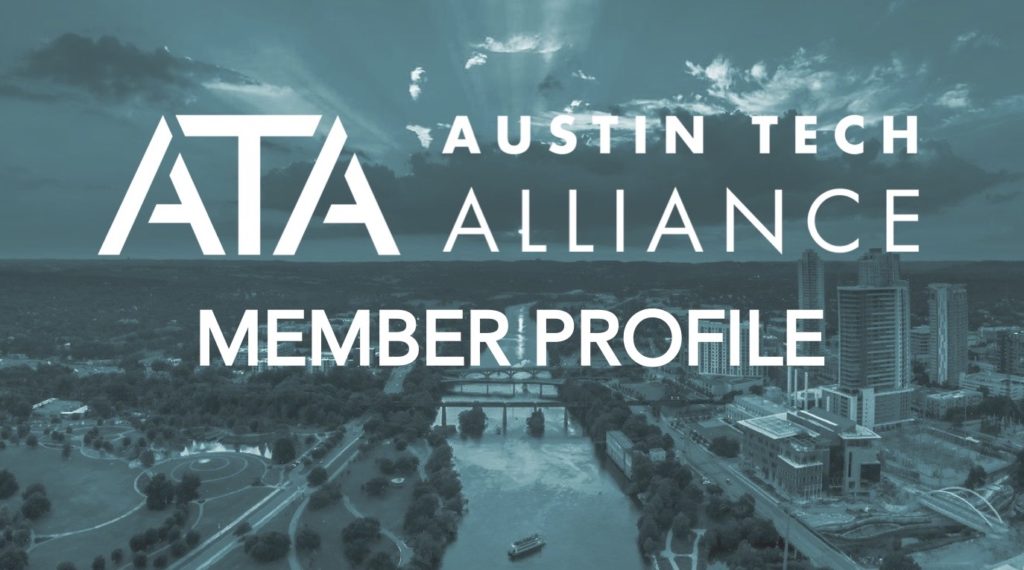In order to highlight Austin Tech Alliance’s growing membership of individuals who support our mission to promote civic engagement in Austin’s tech sector, this is a regular feature profiling members of ATA.
Up now: Chelsea Collier. In addition to being a member of ATA, Chelsea also serves on our Advisory Board.
 Introduce yourself and where you work in Austin’s tech sector.
Introduce yourself and where you work in Austin’s tech sector.
I work across the tech sector (which is a bit different than working in it) to connect people, share information, and advocate for specific approaches to Smart Cities and the Future of Work.
My platforms include Digi.City, Smart Cities Connect, Texans for Economic Progress, Impact Hub Austin and Inc.com, where I write, showcase research, feature subject-matter experts and host events.
What do you love about Austin?
Austin is a beacon for people who want to create. Some create art, some create companies, some create nonprofits, some create better lives for themselves and for others. I love that energy of possibility that infuses all parts of our city.
What do you think are the community’s biggest challenges?
In our zeal to be the best, the center and the leader, Austin can often lose sight that as a young, evolving community, we also have a lot to learn.
Our community is at an inflection point where traditional (old) meets innovation (new). Many people who have enjoyed living here for some time are resistant to change, wanting the city that works for them to remain that way. Others who are either new to Austin or who have not experienced the same level of prosperity support an evolution. It is important to acknowledge where we (as individuals) fit on that continuum.
Affordability, mobility and workforce development are our biggest challenges. There are solutions to each of these issues as long as we are honest and humble in our approach.
We can do so much to advance our city if we (1) acknowledge our city’s current reality (2) reach out to other cities and new partners to leverage their knowledge and experience (3) be inclusive of all voices, not just the ones that support an agenda.
My hope is that we can create a structure where city leaders from the public sector (City of Austin, Travis County, AISD), private sector (industry, corporations, entrepreneurs), community advocates (nonprofits, social enterprises, volunteers) and academic sector (UT, St Eds, HT, ACC) can come together as a community that wants to work collaboratively. It requires “not knowing” and inclusion instead of pushing early solutions and exclusivity.
Why is it important for the tech community to become more civically engaged?
Industry is a critical voice in the evolution of cities, especially in this digital age.
By 2020, advances in the Internet of Things (IoT), Artificial Intelligence (AI) and mobile broadband (5G) will radically transform how our cities work. Those municipalities that are prepared will skyrocket in their ability to serve their residents and visitors. Those that don’t will remain stagnant, burdened by antiquated policies and old ways of thinking that stymie progress.
Tech leaders can inspire city staff and elected officials about what is possible. If Austin continues to look backwards, we will stay stuck. It is far wiser to look around to other communities who are leading the way forward to define our city of the future.

